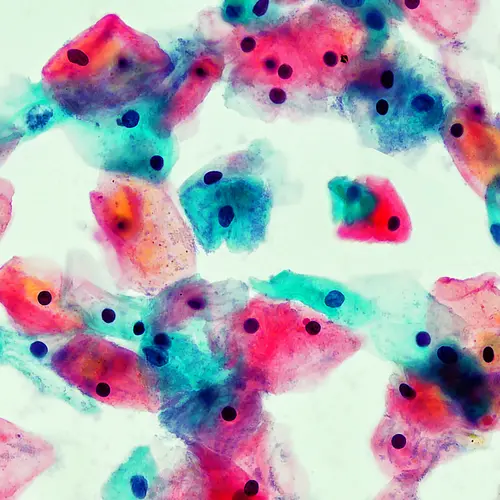Before you’re diagnosed with cancer, you’re just a person, like everyone else. But once you’re diagnosed with the big C, it can feel like you’ve become your cancer. People now start conversations with you with a concerned tone, and “How ARE you?” As you begin chemo, and your hair starts to fall out and you begin to really look sick, it feels like there’s a newly drawn line between you and the “normal” world.
Though others may treat you as if the cancer is front and center, you have the right to choose how you want to acknowledge this scary disease and how you would prefer to talk about it. You may want to talk about it all the time and treat it like a giant research project (like I did), or you might prefer to not talk about your cancer at all. If you don’t want to talk about it, just say so. You can simply say, “I really appreciate your concern, but I find that I cope better if we don’t talk about it. How about them Giants?” Or whatever.
You may feel uncomfortable when people notice you’re wearing a scarf on your head, or a wig. You may be self-conscious about being pale or looking sick, or not having eyebrows. If your appearance really bothers you, try to do what you can to look good. There are lots of nonprofits that help cancer patients with wigs, fashion that's sensitive to surgery scars, or makeup for folks in the thick of treatment. And if you don’t feel like fussing over your clothes and makeup, then let it go. As hard as it is, try not to worry about how others react. You’ve got enough on your plate. Focus on you.
Cancer also makes you question who you are in relation to other cancer patients. As you go through chemo, you will probably notice that there are numerous “identities” within the cancer world.
There are those with early-stage disease and those whose cancer has spread or metastasized. Some insist on being called “metavivors” and are fighting for every scrap of time they can get. Others take an accepting Zen approach, refuse treatment, and enjoy the time they have left. Some, like me, have fairly common cancers like breast cancer. Others have very rare forms of cancer for which there are few treatments.
There are those who take on the military language of “fight,” “weapons,” and “survivor.” There are those who reject that terminology and insist on being called “a person with cancer,” not a “survivor” or a “cancer patient.” Some want to participate in marches for their kind of cancer. Others, like me, would rather have a spoon dug into their eye. Some get politicized and fight publicly for better research for their particular cancer. Others withdraw into themselves and get very private.
How you choose to react to your cancer is totally up to you. Don’t let others do that for you. How you react is how you react. I had folks enthusiastically try to get me to march for breast cancer. I politely declined. I would rather do just about anything than wear a pink tutu and angel wings and march for 30 miles.
I also know and respect other breast cancer patients who got really political and outspoken. I don’t have a problem with being outspoken; that’s how I make my living. But it just didn’t feel like a fight I wanted to embroil myself in for the rest of my life. So I donate to advocacy organizations and let others do the advocating. I figure I do my bit by writing about cancer issues.
Forget what people think. Forget what society expects. Forget which factions fight for you to join them. This is your cancer experience.

